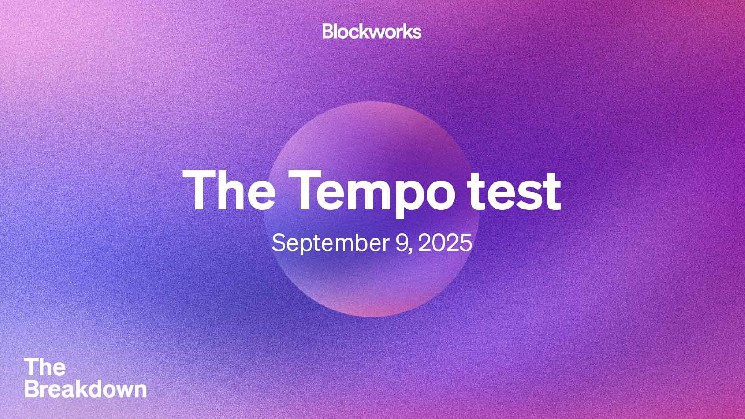It is a phase from The Breakdown publication. To learn extra editions, subscribe
“No one goes to the shop to purchase a Swiss Military knife. It’s one thing you get for Christmas.”
— Jensen Huang
Nice companies begin as scalpels, not Swiss Military knives.
By selecting one factor to do, corporations usually tend to get nice at that one factor — and prospects usually tend to know that’s the factor they do.
Right here, for instance, is Yahoo’s homepage, circa 1999:
There’s rather a lot occurring there — search, auctions, information, e mail, instantaneous messaging — and Yahoo wasn’t significantly good at any of it.
Right here’s Google’s homepage, circa 1999:
It’s simple to see why that proved to be the winner: the single-purpose web site made it clear to customers what Google does, and that helped Google get superb at doing it.
The truth that lowercase “google” has since turn out to be a verb and Yahoo doesn’t do something extra essential than host my fantasy baseball league is proof that being nice at one factor usually beats being common at many issues.
Will that apply to blockchains, too?
Bitcoin is a single-purpose chain — all it does is ship bitcoin — and its simplicity may be the principle cause it’s been so successful.
However Ethereum and Solana are additionally general-purpose chains they usually, too, have had some success.
And neither method appears to be encroaching on the opposite: Bitcoin has thus far failed at DeFi and Ethereum has thus far didn’t turn out to be cash.
So perhaps each approaches can peacefully co-exist?
It may be too early to reply, as a result of general-purpose chains will quickly have a brand new, single-minded competitor.
Final week, Stripe and Paradigm formally introduced the event of a stablecoin-focused blockchain, Tempo, that looks like an instantaneous favourite to win the rising crypto funds enterprise.
Tempo will probably be purpose-built for stablecoins, providing predictable charges (paid not in a local token, however stables), near-instant finality, “opt-in” privateness and compliance performance, “lanes” completely for funds, and excessive throughput — all issues that general-purpose chains battle with.
Matt Huang, who leads the event of Tempo, means that being extra narrowly centered will permit the chain to develop quicker: “We really feel urgency to construct for the demand that’s coming and wish fewer dependencies, together with on the speed of Ethereum L1 progress.”
Calling out Ethereum like that may recommend that Tempo may have ambitions past funds.
Maybe tellingly, Huang says that, whereas Tempo will begin with a permissioned validator set, the chain will probably be “permissionless” from day 1 and can “decentralize farther from there.”
A completely decentralized and permissionless blockchain that excels at funds sounds rather a lot like what you’d desire a general-purpose blockchain to be.
Might Tempo pose a risk to Ethereum and Solana not simply in funds, however in the whole lot?
The Google instance suggests it’s doable: they beat Yahoo at search, then expanded horizontally into e mail, cloud computing, smartphones, self-driving vehicles — turning into much more of a Swiss Military knife than Yahoo was in 1999.
There are a number of such examples: Microsoft was simply BASIC, Amazon was simply books, Apple was simply PCs, Southwest Airways was simply Texas.
However there are counter-examples, too.
To call only one, single-purpose calculators was once higher for doing fast math than general-purpose computer systems, however who owns one now?
You’re extra more likely to have a Swiss Military knife in a drawer someplace than a Texas Devices calculator.
So, if general-purpose computer systems may make calculators pointless, perhaps general-purpose blockchains can ultimately make funds blockchains pointless, too.
Max Resnick is assured they’ll: “Decentralized blockchains,” he predicts, “will probably be superior to centralized ones in each method” — together with velocity, scale, reliability, and even regulatory compliance.
If that’s the case, Tempo might have fired the beginning gun in a race to make general-purpose chains tremendous quick earlier than an excellent quick, single-purpose chain could be decentralized.
This may be a race with no end line: it may be unimaginable to be each decentralized and optimized for funds.
Mert Mumtaz, for instance, thinks Tempo gained’t even be a blockchain, not to mention a general-purpose one: “How are you going to probably have one thing that’s a payments-only chain?”
For Mumtaz, blockchains are decentralized by definition — and a decentralized blockchain is by definition general-purpose.
Tempo says they’ll progress towards decentralization.
However Mumtaz thinks that can inevitably flood the chain with frivolous issues like Fartcoin, clogging issues up and degrading the chain’s efficiency in funds.
There are solely two methods to be a funds chain, he says.
One is to make the chain “not Turing full,” like Bitcoin, “the place you’ll be able to’t do something apart from ship cash” — and the opposite is to “permission the chain.”
If that’s the case, Ethereum and Solana can relaxation simple that they’re not going to turn out to be Yahoo to Tempo’s Google.
However what if Tempo will get all of the customers with out decentralizing?


